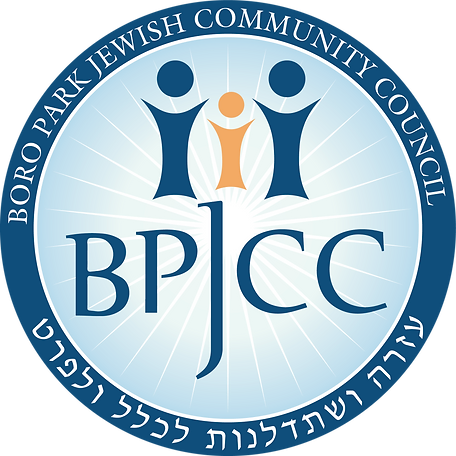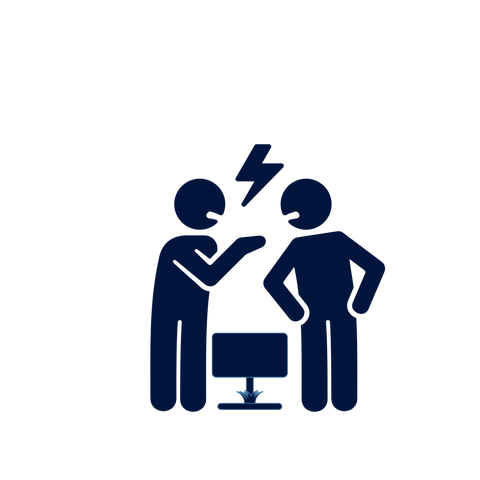What is a hate crime?
A crime motivated in whole or in part by bias, prejudice, or bigotry due to race, religion, national origin, disability, or gender.
Why is it important to label these crimes "hate crimes"?
Hate crime laws provide increased penalties for crimes purposely directed at individuals or organizations because of personal characteristics. This is important because hate crimes also severely impact communities – not just individuals.
What is the community impact of a hate crime?
The impact of a hate crime exceeds the impact on the victims(s). The entire community can be left feeling vulnerable, fearful, victimized, and unprotected after a hate crime is committed.
What are the two requirements to demonstrate a hate crime?
Firstly, there must be an underlying crime (assault, arson, threats, vandalism, or murder, for example). Secondly, the crime must have been committed because of race, religion, national origin, disability, or gender.
What is a hate incident?
A non-threatening, bigoted, biased, or prejudiced comment made to another individual based on race, religion, national origin, disability, gender. It can also involve a non-threatening, bigoted, biased, or prejudiced message or image in specific contexts.
What are some examples of hate incidents?
- A neighbor displaying a Nazi swastika on their property.
- An offensive anti-religious comment made to a passerby that is visibly religious.
- A derogatory Twitter post about women.
- A non-threatening, offensive email about disabilities sent to another person.
How is a hate incident different than a hate crime?
A hate incident does not violate criminal or civil law. On the other hand, hate crimes have additional penalties by the U.S. government, 45 states, and the District of Columbia.
Why do hate incidents not violate criminal or civil law?
The First Amendment of free speech protects those who commit hate incidents.
When can hate incidents be punished under state laws?
If an individual directs many bigoted, biased, or prejudiced statements to the same person, it could be classified as unlawful criminal harassment or stalking under specific state laws.
Report a Hate Crime / Incident
Use the form below.




















